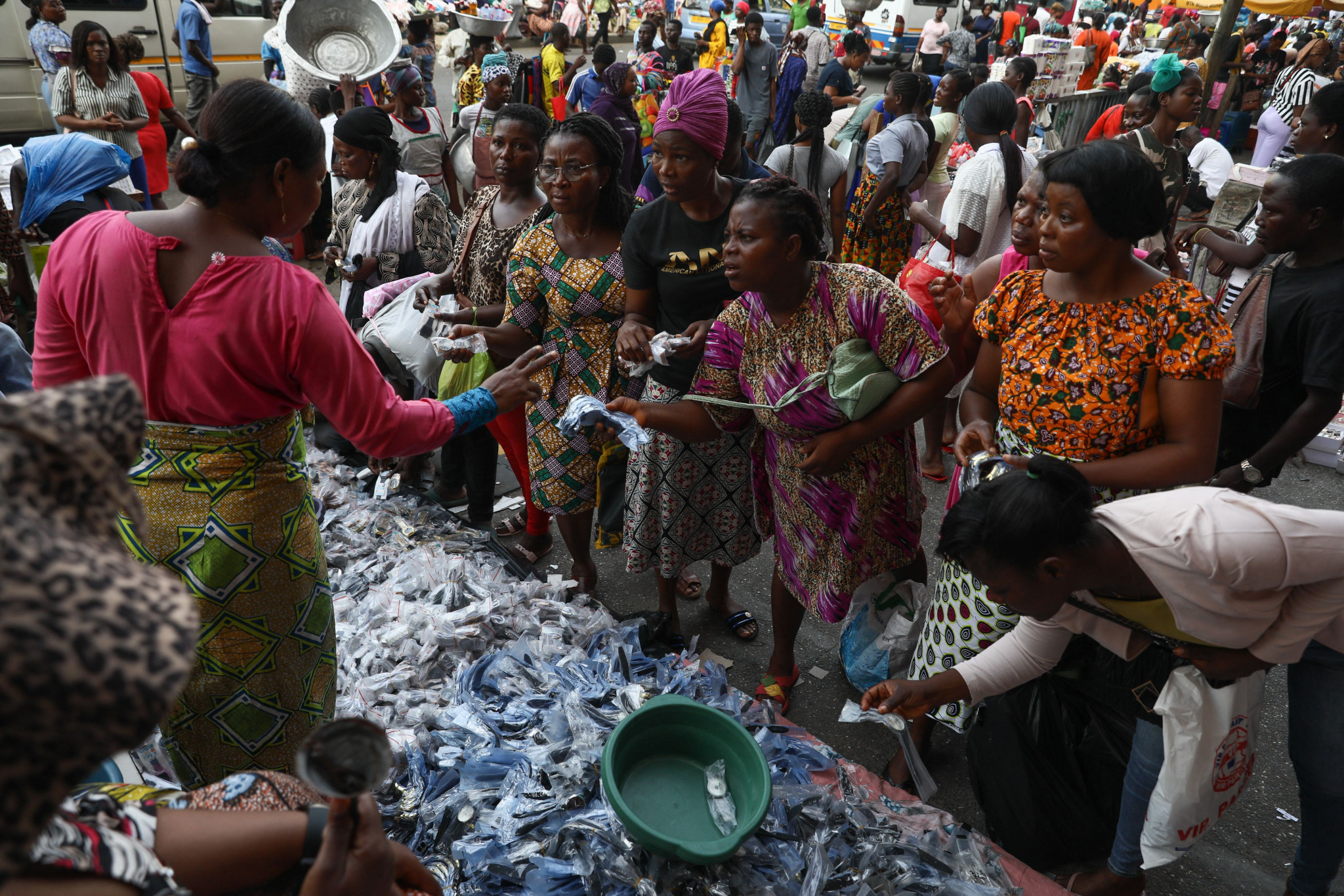Ghana’s economic crisis is continuing to deepen and faces delays in the restructuring of its public debt as the cash-strapped country prepares to stage this year’s African Games.
The West African nation has managed to secure a $3 billion (£2.5 billion/€2.8 billion) bailout from the International Monetary Fund (IMF).
Under conditions set out by the IMF, the Ghanian Government must restructure its public debt, but it will need bondholders to agree to the changes.
As part of Ghana’s efforts, a voluntary domestic debt exchange programme was launched last month.
But fewer than 50 per cent of bondholders have signed up to the programme, lower than the Government’s target of 80 per cent, according to Ghanaian economist and political risk analyst Theo Acheampong.
It is reported that bondholders have claimed that they will lose money under the Government’s terms.
The Ghanaian Government has extended the deadline for the bond exchange three times and there are fears that tomorrow’s new closing date will not be met either.

“If the restructuring is not carefully managed, it could have a substantial impact on the domestic financial sector, which owns a large portion of the bonds,” Acheampong wrote in a report by The Conversation.
“Any losses within the financial sector then cascade into adverse effects on economic growth, employment and inequality.”
Acheampong, an associate lecturer at the University of Aberdeen in Scotland, has cited a “lack of good faith” in the Government and “no sense of burden-sharing” as being among the reasons why bondholders are stalling on the debt restructuring.
He believes Russia’s war in Ukraine has been a “contributing factor” to Ghana’s economic crisis, but believes the country’s finances were “precarious” before the COVID-19 pandemic.
“The country has been living beyond its means for years,” said Acheampong.
According to Reuters, Ghana’s balance of payments deficit dropped from $3.4 billion (£2.7 billion/€3.1 billion) to $3.64 billion (£2.94 billion/€3.33 billion) in December since the previous quarter.
The country is facing more than 50 per cent inflation, growing debt and a sharp decline in its cedit currency since the start of the year.
Financial concerns have dominated the build-up to the African Games which are scheduled to be held from August 4 to 19 in Ghana’s capital Accra.
Ghana was awarded the Games in October 2018 and more than 5,000 athletes from over 50 countries are expected to compete in the event, which is due to open on August 4 and close on August 19.






